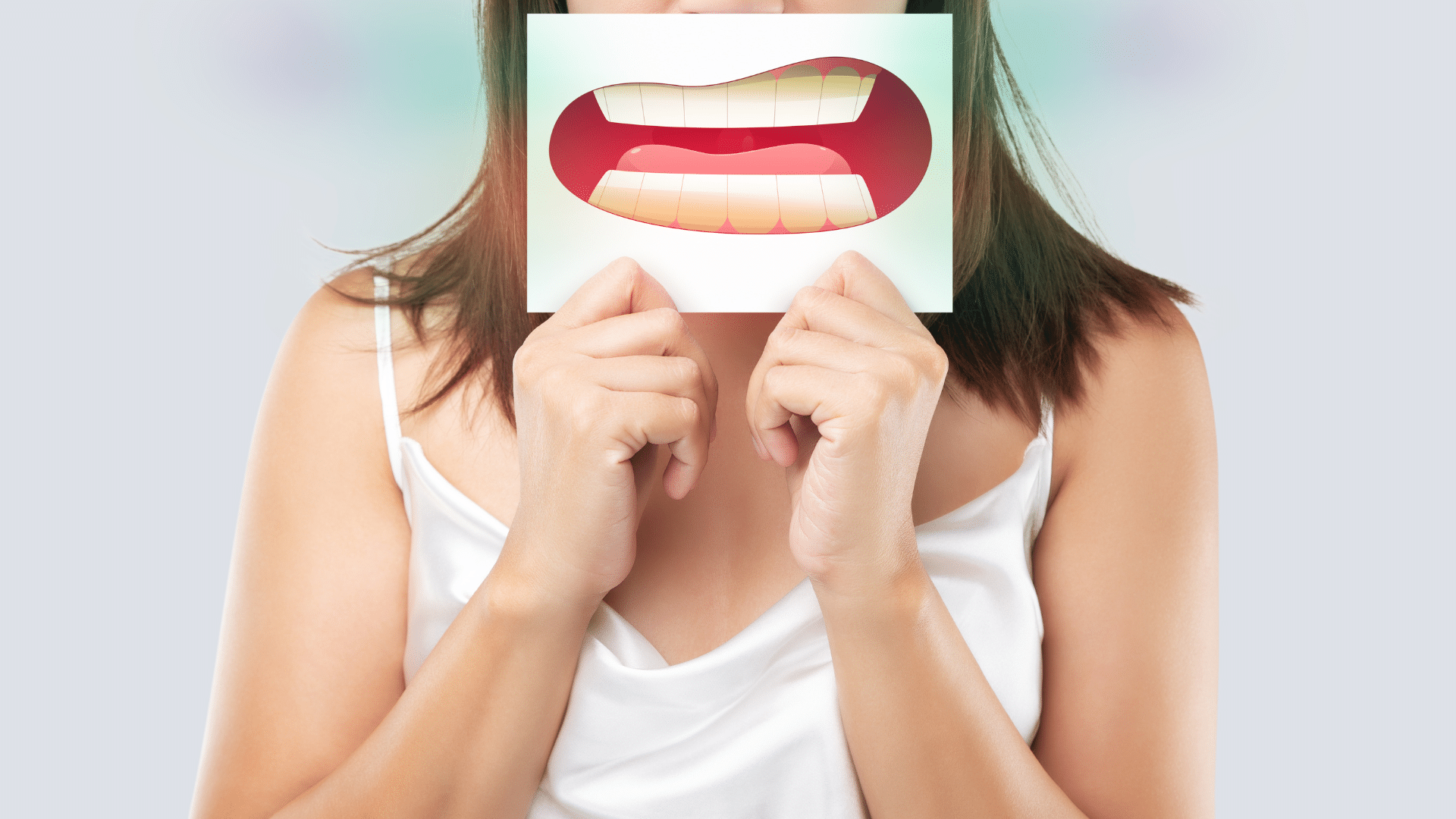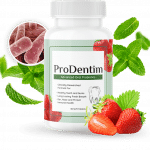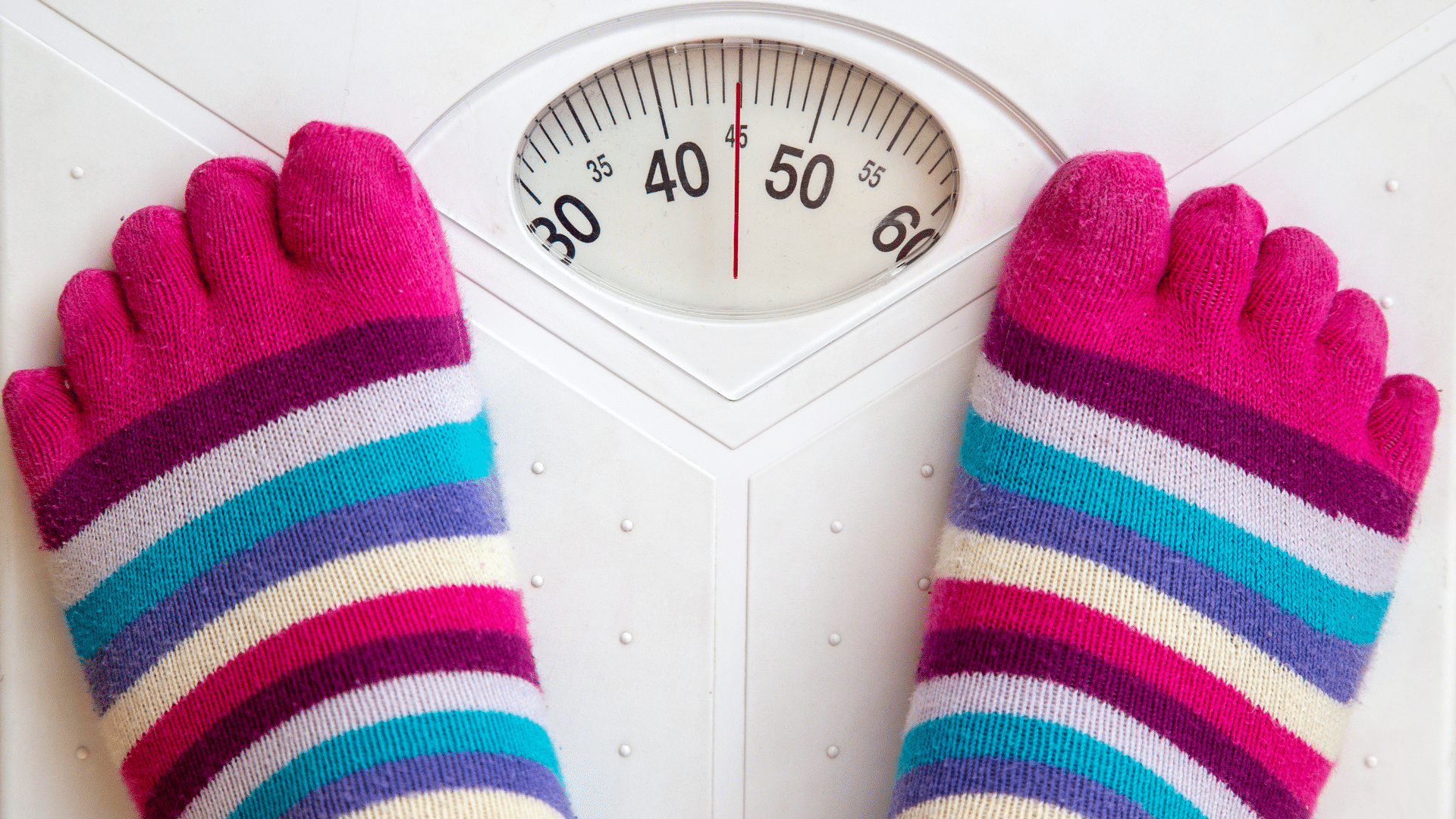Halitosis or Bad Breath: 4 Tested Tips to Rid It
Halitosis, or Bad Breath, is a common problem many struggle with. Various factors, such as poor oral hygiene, certain medical conditions, and certain foods, can trigger it. However, the good news is that several lifestyle changes and home remedies can help reduce or prevent Halitosis. This post will look at some of the most effective ways to freshen your breath and keep it smelling great.
Table of Contents
ToggleUpdate Your Oral Routine
Firstly, it’s worth highlighting the importance of good overall oral hygiene. Brushing and flossing are the foundation of any good oral hygiene routine and are essential for preventing bad breath. When you brush and floss, you remove plaque and bacteria that can build up in your mouth and cause halitosis. But it’s not just about brushing and flossing. It’s also about the toothpaste you use.
Using fluoride-containing toothpaste and toothpaste with antibacterial properties can help to reduce foul breath further. By the way, the same applies to floss strings. You may have heard many times that the recommendation is to brush at least twice a day, especially after meals, and floss at least once daily.
In addition to good oral hygiene, several home remedies can help freshen your breath. For example, drinking water can also help prevent dry mouth, which can exacerbate bad breath. Rinsing with warm salt water is another natural way to reduce bad breath.
It’s also essential to generally follow a balanced, healthy diet as some food groups and agents such as sugars or tobacco can aggravate breath issues. By avoiding these triggers, you can help prevent Halitosis from developing in the first place.
Lastly, seeing a dentist regularly for professional cleanings and check-ups is vital to maintaining good oral health. A dentist can help identify any underlying issues that may be causing bad breath and provide treatment to address them.
Let’s examine all of these in more detail. Whether you struggle with bad breath or want to maintain good oral hygiene, keep reading!
1. Proper Brushing & Flossing
Good oral hygiene is the foundation of any good oral care routine and is essential for preventing bad breath. When you brush and floss, you remove plaque and bacteria that can build up in your mouth and cause bad breath.
This is why ensuring you’re regularly brushing and flossing is vital. As mentioned earlier, it’s not just about brushing and flossing. It’s also about the toothpaste or oral products you use.
Using fluoride-containing, antibacterial toothpaste and floss string can help reduce Halitosis. Fluoride strengthens tooth enamel, while its antibacterial properties kill bacteria that cause bad breath.
Brushing at least twice daily, especially after meals, and flossing at least once daily is recommended. This will help to remove plaque and bacteria, keeping your mouth clean and fresh. You can supplement a brushing session with a mouthwash rinse for even more effectiveness. Refrain from brushing too hard; get a toothbrush that suits your gums and teeth.
In addition to brushing and flossing, keeping your toothbrush clean is essential. After each use, rinse your toothbrush thoroughly with water and let it air dry. If possible, avoid storing your toothbrush in a closed container, as this can create a breeding ground for bacteria.
It’s also vital to remember that good oral hygiene is not just about brushing and flossing. It’s also about ensuring you’re using the right products and techniques. According to a study, about a third of adults are under or overbrushing and not following recommended guidelines. So, using the right toothpaste, toothbrush, and methods can help reduce bad breath further and keep your mouth clean and fresh.
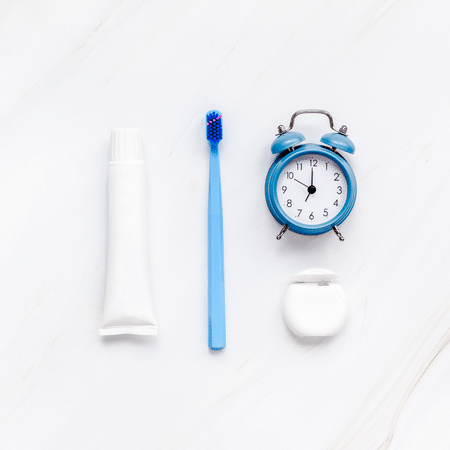
2. Herbal Teas
In addition to good oral hygiene, several home remedies can help freshen your breath and keep it smelling great. One of the most popular remedies among many cultures is drinking green tea. Research shows that green tea has disinfectant and deodorizing properties that can temporarily freshen the breath. Drinking a cup of green tea or even chewing on green tea leaves can help to freshen your breath.
Another home remedy that can help freshen your breath is mint. Mint has similar properties to green tea and is a natural breath freshener. Chewing on mint leaves or using mint-flavored toothpaste can help to freshen your breath. A great incentive to grow mint at home!
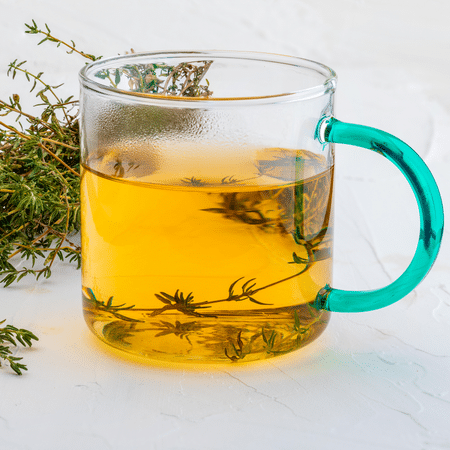
3. Drink Plenty of Water
Drinking water is another surprisingly effective home remedy for bad breath. Whenever you feel your mouth getting dry, drink water (not juice or soda because those can dry your mouth out more). Saliva helps keep your mouth clean and hydrated and prevents smelly bacteria from thriving.
Keeping your mouth hydrated is essential, as a dry mouth can create the perfect conditions for bacterial growth and contribute to Halitosis. Rinsing with warm salt water is another natural way to stop bad breath. Salt water can help to kill bacteria in your mouth and freshen your breath. Mix a quarter teaspoon of salt in a cup of warm water, and rinse your mouth with it for about 30 seconds.
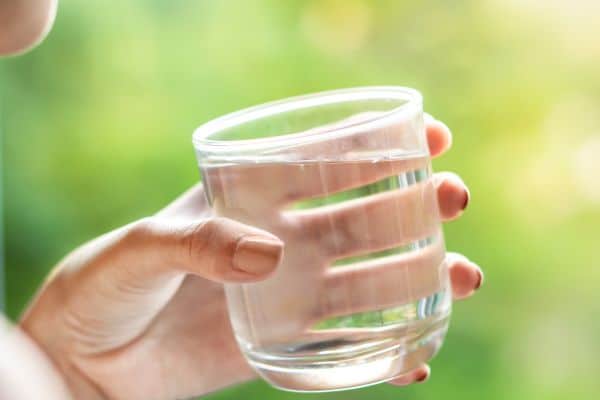
It’s worth remembering that these home remedies can only provide temporary relief, and they’re not a long-term substitute for good oral hygiene and professional dental care. However, they can be a great addition to your oral care routine and help freshen your breath when needed. It’s also important to note that if you have persistent Halitosis, it’s best to see a dentist for a check-up, as it may be a sign of an underlying medical condition.
4. Diet Plays a Crucial Part
People’s dietary habits are often a significant cause of gradual and long-term Halitosis. Certain food groups and agents lead to faster decay of breath freshness than others.
One of the biggest culprits is tobacco. Smoking or using any tobacco products can cause bad breath, as well as a host of other oral health problems. If you smoke or use tobacco, try to quit as soon as possible. Not only will it improve your breath, but it will also improve your overall health.
This isn’t just ‘smoker’s breath’ caused by cigarettes but also hookah, cigars, and vapes that contain agents that will affect breath after continued use.
Most of us can’t do without them, but alcohol and coffee can also cause bad breath. Alcohol dries out your mouth, while coffee can stain your teeth. Both can also have a dehydrating effect, leading to dry mouth, which, as mentioned previously, can give rise to the conditions for the growth of harmful bacteria.
If you’re a coffee or alcohol drinker, limit your intake or switch to decaffeinated options. (or maybe take up Green Tea as an alternative :))
Are Certain Foods A Trigger For You?
Although generally beneficial, certain foods like onions, garlic, and spices can also cause bad breath. These foods contain strong odors that can linger in your mouth long after you eat them. If these foods aggravate your bad breath, limit your intake or brush your teeth and tongue immediately after eating them.
You’ve probably heard this since childhood, but being mindful of your sugar intake is also essential. Consuming too much sugar can lead to tooth decay, which can cause bad breath. Limit sugar intake, and opt for sugar-free options when possible.
By being mindful of the foods and drinks you consume and avoiding the triggers that cause halitosis, you can help to maintain fresh breath and good oral hygiene. Remember, these are just general guidelines, and what may cause foul breath for one person may not affect another. Pay attention to your body and see what works best for you, which is always best.

Get Professional Dental Advice
Finally, In addition to practicing good oral hygiene, using home remedies, and being mindful of the foods and drinks you consume, seeing a dentist regularly for professional cleanings and check-ups is essential. A dentist can help identify any underlying issues causing your halitosis and provide treatment strategies to address them.
During a regular check-up, a dentist will examine your mouth, teeth, and gums for signs of oral health problems. They’ll also clean your teeth to remove plaque and tartar, which can cause bad breath. A dental cleaning can also help to freshen your breath, as it removes the buildup of bacteria and food particles in your mouth.
Remember, if your Bad Breath persists even after you’ve tried all of the above remedies. In that case, it may be due to an underlying medical condition. A dentist can further examine and refer you to a specialist if necessary.
Your specialist can also recommend products such as mouthwash, tongue scrapers, and special toothbrushes that can help freshen your breath. Some dentists may also offer treatments such as teeth whitening and dental sealants to help improve the overall appearance of your teeth and freshen your breath.
It’s important to remember that regular dental check-ups and cleanings are essential for preventing Halitosis and maintaining good oral health.

Bonus Tip
Try a probiotic dental supplement such as ProDentim. ProDentim can also help you acquire and maintain great fresh breath. ProDentim is an all-natural, non-GMO, Gluten-Free soluble probiotic candy that allows the good oral flora in your mouth to thrive! That can only mean good news for Halitosis, so why not try it?
Remember to consult or inform your health practitioner before starting any supplement regime.
You can read our review of ProDentim HERE.
Halitosis can be a frustrating and embarrassing problem that various factors, such as poor oral hygiene, certain medical conditions, and foods, can cause. But the good news is that several lifestyle changes and home remedies can help reduce or prevent bad breath. Practicing good oral hygiene, following some of the above recommendations, and regular professional care can all play a vital role in helping you ensure you can manage Halitosis and keep it in check!

